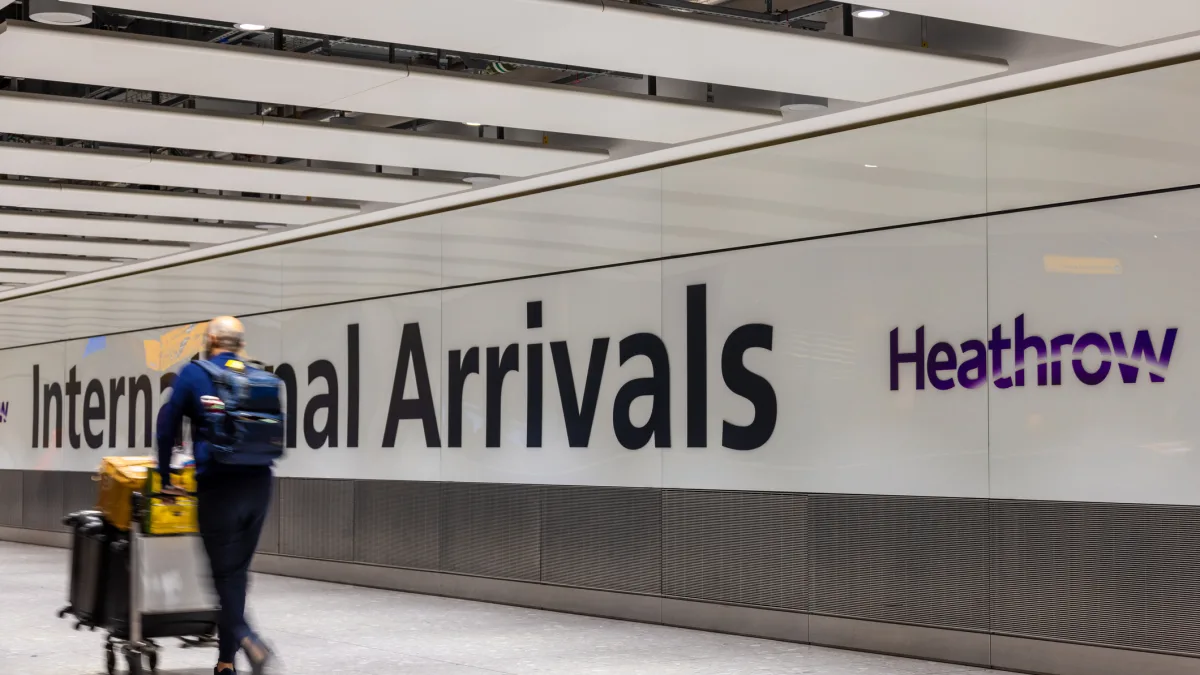Reinvention doesn’t start with a plan. Or a budget. Or even a bold vision statement. It starts with questions.
And yet, in boardrooms and workshops, I’ve seen the same thing happen again and again: the first questions on the table aren’t the right ones. They’re comfortable questions, familiar questions, questions designed to confirm what’s already been decided.
It’s easy to see why. We’re wired to seek certainty. The ‘safe’ questions make us feel like we’re making progress. But they also tether us to the past. You can’t expect to break new ground if the questions you’re asking still orbit the old assumptions.
I was reminded of this recently in a conversation with a leadership team. They’d asked us to help them ‘future-proof’ their strategy. On paper, it was the right brief. But their first question to me was: How can we make this plan more appealing to the investors we already have?
It sounds sensible—until you realise it’s the wrong question. If you only optimise for the stakeholders you already know, you design for the market you already serve. You never open the door to the opportunities that don’t yet have a voice in the room.
Open, not close
The right questions are rarely comfortable. They unsettle. They expose blind spots. They challenge the hierarchy. They make you realise that what you thought was a constraint might actually be a choice.
When you start from the wrong place, even the best execution won’t get you where you need to go. You’ll end up with a sharper version of the same model—a little leaner, a little faster, maybe even a little prettier—but still fundamentally built for yesterday.
The same holds true at a personal level. I’ve met brilliant individuals who begin their reinvention journey asking, How do I make my current role feel more inspiring? instead of Is this the role I should be in at all? They upgrade the furniture in a house they no longer want to live in.
So, what makes a question the right one? For me, it’s this: it has to open, not close. It has to invite new possibilities, not narrow them. And it has to have the courage to put cherished assumptions under the knife. Instead of asking how to keep pace, ask where you could change the pace entirely. Instead of worrying about defending the ground you have, ask what you’d build if you had none. Instead of polishing the role you’re in, ask what work would still matter to you if titles disappeared tomorrow.
The most transformative breakthroughs I’ve seen didn’t come from someone with the biggest budget or the most polished plan. They came from leaders—and teams—who were willing to let the first few minutes of a conversation feel awkward, because the questions they asked made everyone stop and think, Wait—what if we’ve been looking at this the wrong way?
Reinvention is never just about the answers you find. It’s about the questions you dare to ask. Because those questions are the scaffolding for everything that follows.
So, the next time you’re mapping the future—whether it’s for your business, your career, or your life—pause before you rush into action. Ask yourself: Am I asking this because it’s safe? Or because it might actually change everything?
Because in reinvention, the wrong questions don’t just lead you nowhere. They take you back to where you started—and disguise it as progress.
Photo: Dreamstime.







